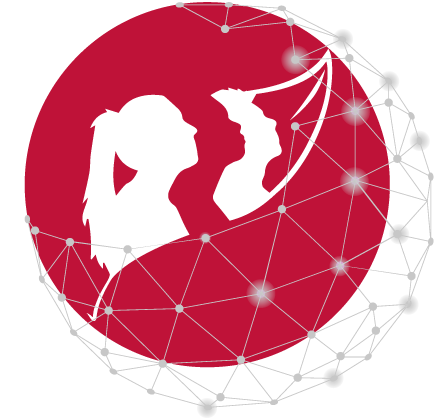Télécom Paris has expertise in all research areas in this field; its teams design the systems and infrastructures of tomorrow – which must be global, integrated, agile and sustainable.
The two main challenges of this area are:
- The scalability of systems: continuous yet sustainable increase in capacities for transmission (optical, radio etc), communication, storage and processing, number and diversity of connected objects, content and users.
- New architectural paradigms which are global, integrated, distributed, agile, programmable, intelligent and self-organized, leading to the emergence of unpredictable behavior.
Key figures
Research
The school leads two teaching and research chairs and three joint research initiatives with companies.
Lincs: Internet of the future
The LINCS laboratory – Laboratory for Information, Networking and Communication Sciences, a joint research laboratory for the Internet of the future, was created in October 2010 by Nokia, Inria, Sorbonne University and Télécom Paris and officially launched in May 2011. The technological research institute SystemX has since joined the laboratory.
MOP: Model-Oriented Programming
Electronic hardware architecture that supports future telecommunications regulations (such as 5G) will be highly diverse and complex. To simplify the programming of digital infrastructures, researchers from Télécom Paris and Nokia Bell Labs France involved in this joint laboratory are trying to tackle two issues: rewriting code and the optimal use of electronic architecture.
TTool: The future of 5G
To help prepare for next-generation mobile networks, the primary objective of this collaboration between Nokia Bell Labs and Télécom Paris is to develop new programming techniques and algorithms based on high-level models that allow engineers to distance themselves from the complexity of these platforms and to (re)program them quickly. These techniques and algorithms will be integrated and made available in the computer-aided design tool TTool/Diplodocus under a free license.
Initial training
As the historic central focus of teaching at Télécom Paris, the networks subject area provides the basis for four study tracks in the engineering cycle, whether for computer networks, telecommunications, connected objects or systems.
- Networks study track
- Mobile networks and Internet of Things study track
- Telecommunications: from data to systems study track
- Embedded Systems study track
Télécom Paris participates in 14 Master’s programs in this field, in collaboration with partner universities.
Programs with Sorbonne University:
- M2 ANDROIDE « Distributed Agents, Robotics, Operational Research, Decision »,
- M2 RES « Networks »,
- M2 SAR « Distributed Systems and Applications ».
Programs with Université Paris-Saclay
- M2 ACN « Advanced Communication Networks »,
- M2 COMASIC « Design, Modeling and Architect IT Systems »,
- M2 FIIL « Foundations of Computer Science and Software Engineering »,
- M2 ATSI « Automatic and Signal and Image Processing »,
- M2 CAT « Components and Antennas for Telecom »,
- M2 ICS « Integration Circuits-Systems » ,
- M2 MN Multimedia Networking,
- M2 ROSP Optical Networks and Photonic Systems,
- M2 Advanced Radiocommunication Systems,
- M2 SETI Embedded Systems and Information Processing.
Executive education
Télécom Paris offers three Post Master’s Degrees :
Part time
- Smart Mobility: transformation of mobility systems in partnership with École des Ponts and member of the community France Mobilities
Télécom Paris Executive Education offers a Specialized Study Certificate awarded by Télécom Paris: Mobile Networks Engineering. This program focuses on the radio dimension of 2G, 3G and 4G solutions. It allows students to better understand the technological choices made at every step of this rapid development, and provides them with an in-depth understanding of the key concepts, parameters and tools to size and deploy such networks.
Télécom Paris Executive Education also offers a number of inter-company training courses. Topics covered in the area of very large networks and systems include:
Contact
- Scientific CommunicationTélécom Parisemailemail

